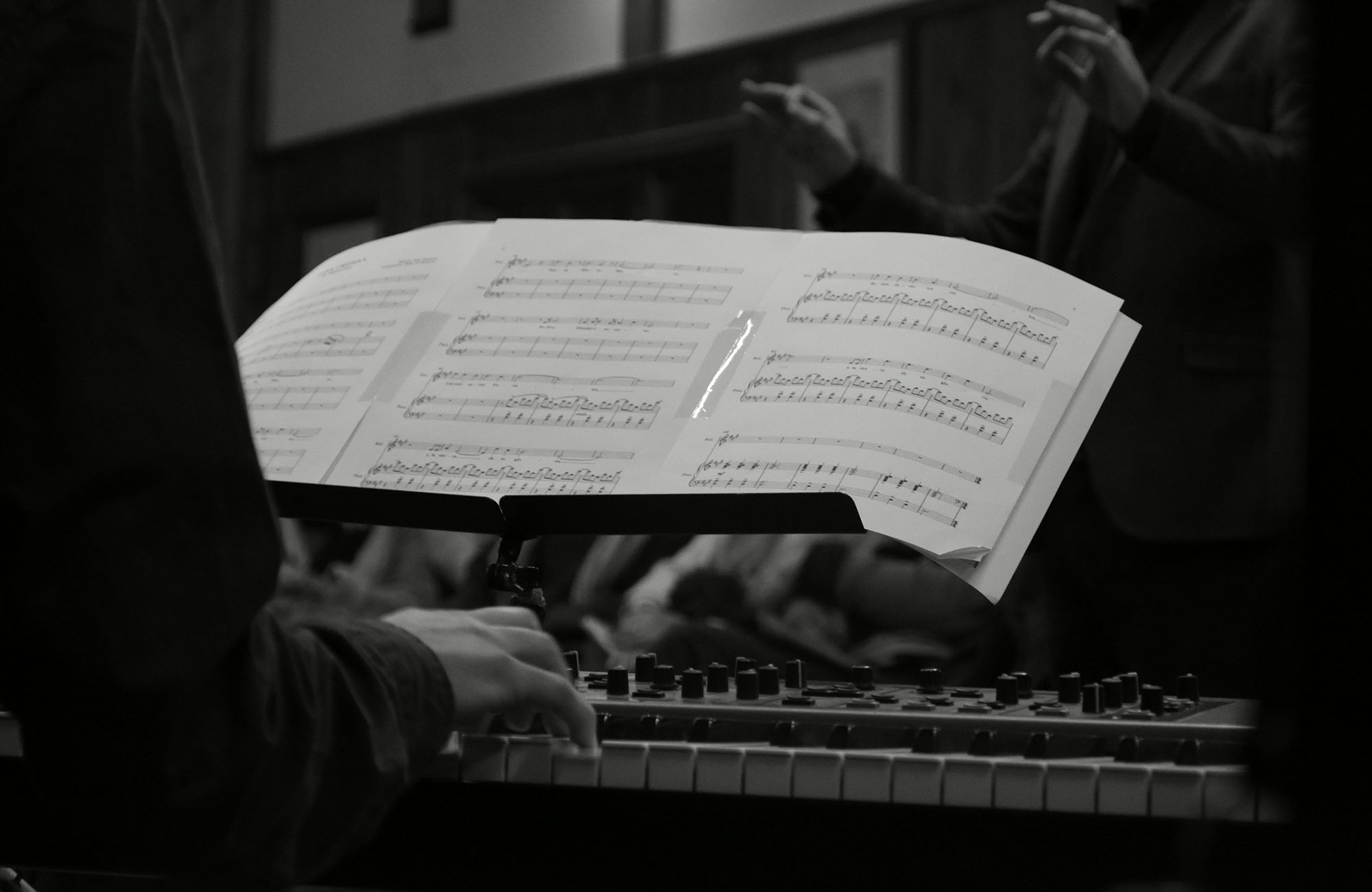
Why Great Artists Focus on Feeling — Not Perfection
The Truth About What Makes Music Powerful
If there’s one truth every great artist eventually discovers, it’s this:
the songs people remember aren’t perfect — they’re honest.
You can spend endless hours polishing vocals, tweaking the mix, and comparing yourself to your favorite artists. But the moment you stop chasing technical perfection and start creating from emotion, something shifts. Your music begins to feel alive.
Listeners can sense it — that raw energy, that human imperfection that makes a track real. Perfection might impress for a second. Feeling connects forever.
Why Perfectionism Is the Artist’s Trap
Every rapper, singer, or producer knows that moment:
you’ve written something powerful, you lay it down, and then… you start overthinking it.
The vocals could be tighter. The snare could hit harder. Maybe that verse needs another rewrite.
Before you know it, you’ve lost the original spark that made the song special.
That’s what perfectionism does — it replaces emotion with doubt.
The irony?
Many of the songs that changed lives or defined generations were technically flawed by today’s standards.
-
Tupac sometimes rapped slightly ahead of the beat.
-
Amy Winehouse left imperfections in her takes that gave them soul.
-
Mac Miller’s delivery wasn’t always polished — but it was always real.
Listeners don’t connect to “perfect.” They connect to human.
Perfection Can Kill Progress
Perfectionism doesn’t just affect your sound — it slows your growth.
When you obsess over getting everything 100% right, you end up releasing nothing at all. Your drive turns into hesitation, and your creativity gets replaced by fear.
Music is meant to evolve. The first version of a song should capture your raw idea; the next few versions just refine it. But chasing perfection? That’s when you start moving backward.
Think about it:
No fan ever says, “I love how perfectly EQ’d that hi-hat was.”
They say, “This song hit me.”
That’s the difference between being impressive and being impactful.
If your song makes someone stop what they’re doing, if it gives them goosebumps or helps them through something — it’s already perfect in the way that matters most.
Feeling Is the Core of Great Music
Every genre, every era, every timeless artist — all have one thing in common: emotion.
It’s the soul behind every lyric, every note, every beat that makes your head nod or your chest tighten.
As a rapper or vocalist, your emotion is your fingerprint. It’s what makes a listener remember you.
Even if your mix isn’t flawless or your flow isn’t textbook perfect, emotion builds connection — and connection is what creates fans.
That’s why artists like J. Cole, Kendrick Lamar, and NF resonate so deeply. Their delivery feels lived-in. You can hear the honesty in every bar. That’s the difference between someone who’s performing and someone who’s expressing.
The Beauty of Imperfection
There’s a Japanese concept called Wabi-sabi — finding beauty in imperfection.
Music works the same way.
That little crack in your voice? It shows emotion.
That slightly off-beat phrase? It creates tension and character.
Those moments make your music feel human — not manufactured.
Modern production tools can fix every note, tune every pitch, and align every sound perfectly to the grid.
But if everything is perfect, nothing feels alive.
Your goal isn’t to remove the imperfections — it’s to make sure the imperfections serve the emotion.
How to Shift from Perfection to Feeling
Let’s make this practical. Here’s how you can train yourself to focus more on feeling:
1. Capture emotion first, refine later.
When inspiration strikes, record immediately. Don’t worry about mic settings, EQ, or takes. Capture the moment. You can always fix technical details later — but you can’t recreate the original spark.
2. Stop comparing your work mid-process.
Don’t mix while referencing mainstream hits. That’s like comparing a sketch to a finished painting. Focus on getting your emotion right before measuring it against someone else’s polish.
3. Listen with your gut, not your gear.
When you play your track back, ask yourself: Does this move me?
If you can feel something from your own song — even in a rough state — your audience will too.
4. Finish more, doubt less.
Perfectionists finish fewer songs. Releasing builds momentum; hesitation kills it. Growth happens through repetition — not endless tweaking.
Perfection Is an Illusion
Every great artist knows: a song is never truly finished.
You could always tweak the mix, rewrite the hook, or rearrange the drums. But at some point, you have to let the music go and let it live its life.
Art isn’t meant to be flawless — it’s meant to express what can’t be said otherwise.
And often, the version you almost delete is the one that ends up connecting the most.
So stop trying to sound “perfect.”
Sound honest.
That’s what people remember.
Finding Emotion in the Right Beat
Emotion doesn’t just come from lyrics — it starts with the beat.
The right instrumental creates a feeling before you even say a word. That’s why artists spend time finding beats that speak to them emotionally, not just sonically.
A soulful, cinematic beat can pull out deeper lyrics. A darker, moody instrumental can bring out vulnerability.
That’s exactly why I create beats that feel like stories — crafted to inspire authenticity and real expression.
If you want to reconnect with that feeling:
Browse Beats & Instrumentals — find the one that matches your emotion.
Or, if you’re ready to stock up while the deal lasts:
Get The Beat Pack (10 Beats for the Price of 1)
Each beat is mixed for release and built for connection — not perfection.
The Artists Who Last Are the Ones Who Feel
Trends fade. Sounds change. But emotion never goes out of style.
The artists who build real careers aren’t the ones who release flawless songs — they’re the ones who make people feel something genuine.
Every verse you write, every song you release, is a snapshot of where you are right now.
It doesn’t have to be perfect. It just has to be you.
So the next time you find yourself doubting your take or overanalyzing your mix, remember this:
Great artists don’t aim for perfect — they aim for truth.
Final Thought
Feeling is timeless. Perfection is temporary.
If you want your music to truly connect, focus on honesty, not flawlessness.
Listeners will forgive a flat note — but they’ll never forget a line that made them feel something real.
Keep creating. Keep feeling.
Your best work is the one that moves you first.
Internal Links:
-
How to Overcome Creative Blocks as a Rapper (link once that article is live)


No Comments